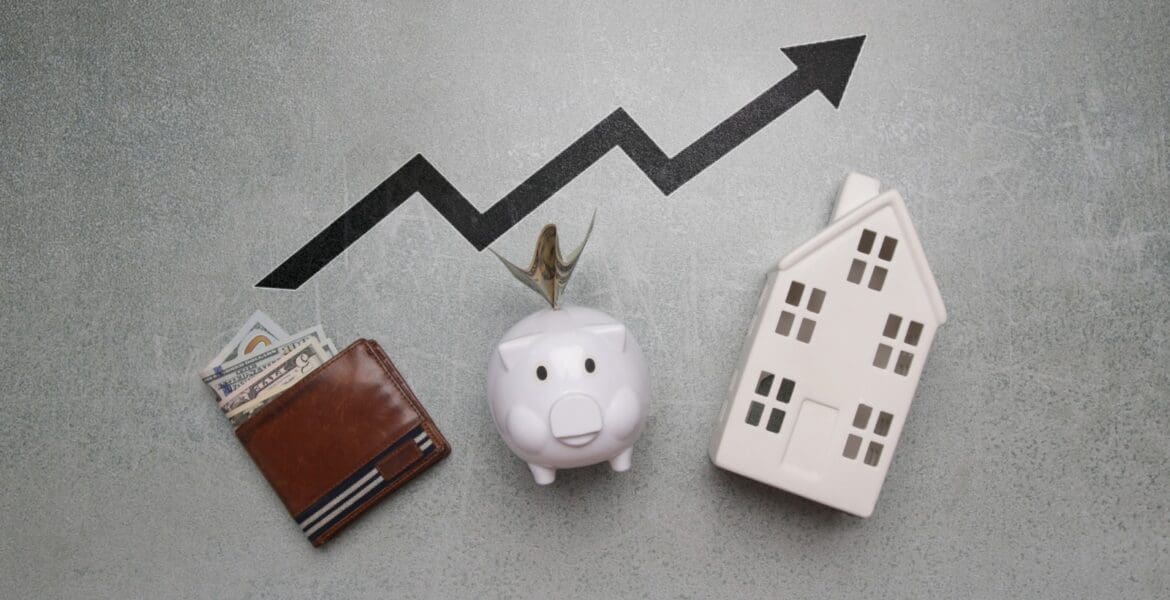Only by knowing the true worth of their product can brands make sure they deliver value to consumers, while avoiding the race to the bottom, writes Mike Foster, founder & strategic creative director at Straight Forward Design.
The cost-of-living crisis is real. Consumers everywhere know the prices of everything. They are feeling the pinch, and looking to trim the fat as household budgets stretch ever tighter.
Discounters now hold more than 16% of the UK grocery market. Aldi has overtaken Morrison’s to become Britain’s fourth-biggest supermarket group, with a 9.3% market share, according to Kantar. But this shouldn’t sound a starting signal for brands to race to the bottom, sacrificing quality standards and laying waste to their value in the process.
Grandma’s pearls of wisdom like “buy cheap, buy twice” or “penny-wise but pound-foolish” should be ringing in the ears of marketing directors who are tempted to shortcut quality standards and reduce prices.
In fact, overdoing price promotions could be a “recipe for disaster” for brands in the ongoing economic storm, says adam&eveDDB’s effectiveness guru and co-author of The Long and Short of It, Les Binet: “We know that the stronger the brand, the lower the price elasticity, the greater the pricing power, the more margin you can make.”
So now is the time for brands to underscore their value. Those that are true to themselves and deliver consistent messaging will survive through good times and bad. The recent campaign by organic food delivery service Abel & Cole does this with aplomb.
Its tagline: “With Abel & Cole organic, you’re getting so much more” leans into exactly what the brand stands for. Yes, consumers could go and buy a plastic bag of value carrots at their local discount supermarket, but will that root veg be organic? And if so, will it be produced by a local farmer who pays workers fairly, with plastic-free carbon neutral delivery?
“Buy less, choose well, make it last”
Instead of a knee-jerk price-slash reaction to the cost-of-living crisis, brands should hold their nerve. They must be confident in who they are and what they stand for. Cheap doesn’t often equal quality, and consumers can still be persuaded that there is value in buying a good thing once.
Take Veja – the brand took legal action in 2019 after Primark produced a £7 ‘copycat’ version of its £115 trainers. Founder Sébastien Kopp criticised the ‘counterfeit’ trainers saying: “They should not copy the style of our shoes, they should copy the way we do them,” adding that Veja uses ethical, sustainable materials and champions factory workers’ rights.
Even in crunch times – especially in crunch times – brands should not cut prices but remind consumers of the value they are buying into. Because when there is only one finite amount of money (thanks cost-of-living crisis) then we must choose very carefully what to spend it on.
These are deliberate choices, not the rampant consumerism of old. Vivienne Westwood, the so-called “grandmother of punk fashion” – and actual real-life granny – famously discourages fast-fashion and throwaway consumerism in favour of the idea that people should “buy less, choose well, and make it last”.
Weighing up cost-per-wear or cost-per-play cannot be applied so readily to FMCG items, but here brands should think about highlighting cost-per-serving multiplied against taste, nutrition, and pleasure-per-serving.
The value of life’s little enhancers
Traditionally, when consumers were looking for life’s little enhancers, they turned to Waitrose. Great customer service a range of gold-standard curated products meant a trip would save time navigating the bigger supermarkets to find the best products.
But with the launch of its Essentials range in 2009, the retailer had sounded the starting gun for its own demise, and its race to the bottom began. The once-enviable reputation of the Britain’s poshest supermarket gradually became diluted and devalued. And it must now fight to recover. There is certainly a place in the market for curating the best value, and the John Lewis Partnership is perfectly placed for that. The question is, has it devalued its values and brand so much that there’s no way back?
In this time of political and economic upheaval, consumers want reassurance, value, and stability from brands. In particular, consumers seek familiarity in troubled times. So, if brands have taken the time to build trust, then during the cost-of-living crisis they can lean into that, offering consumers an inherent warmth – just like a hug from grandma.
About the Agency
Straight Forward is an independent, global and passionately creative brand design agency.
Working all over the world they help brand owners join the dots between insight, strategy and bold brand design to create meaningful connections between brands and people that drive long-term growth. They do this by using their powerful methodology, Connect in Full™.
From their studio in London’s Fitzrovia they work with a diverse range of clients including Mars, Bayer, Danone, PepsiCo, Hostess and Gigi.
Straight Forward believe in values-based leadership and place the needs of people at the heart of everything they do.
Follow Straight Forward Design online, on LInkedIn, Twitter and Instagram.








